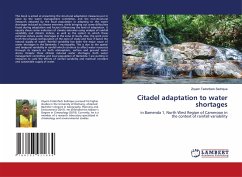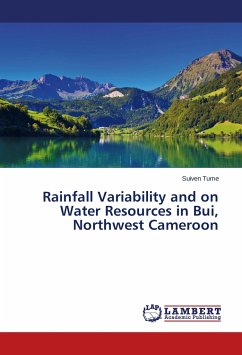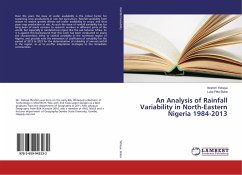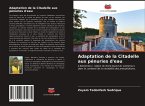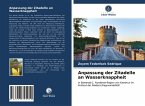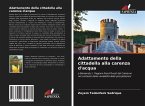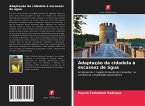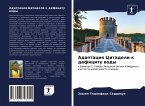This book is aimed at presenting the structural adaptation measures put in place by the water management committee, and the non-structural measures adopted by the local population in adapting to the water shortages induced by climate extremes, while bringing out some difficulties faced during adaptation and factors influencing the level of adaptation. It equally shows some indicators of climate extremes using analysis of rainfall variability and climatic indices, as well as the extent to which these extremes induce water shortages in the zone of study. Also, the work puts forth the physical configuration of the zone of study and how if favors the natural supply of water. Rainfall variability has been the major cause of water shortages in the Bamenda 1 municipality. This is due to the spatial and temporal variability in rainfall which continue to affect water resources through its impacts on both atmospheric, surface and ground water stores. Despite these climate induced water shortages, both water management committee and local population of Bamenda 1 are putting in measures to curb the effects of rainfall variability and maintain constant and sustainable supply of water.
Bitte wählen Sie Ihr Anliegen aus.
Rechnungen
Retourenschein anfordern
Bestellstatus
Storno

